Ippodo Tea Review
Table of Contents
About Ippodo Tea
Tea is one of the oldest drinks in human history, yet so many people choose cheap teas from grocery stores that taste more like calcium deposits than herbs. Likely, all they’d need is one tea from Ippodo Tea to see the error in their ways.
Ippodo is a Japanese tea company from Kyoto that has been in business since 1717. Their matcha, sencha, and gyokuro teas are adored by fans worldwide for their unique taste and health benefits.
In this Ippodo Tea review, I will give you some insight into the company with more than 26k Instagram followers. You’ll learn about their best-selling teas, who they’re for, what customers think about them, and more.
Why You Should Trust Us
Our mission is to help you make better, more informed purchase decisions.
Our team spends hours researching, consulting with medical experts, gathering insight from expert professionals, reviewing customer feedback, and analyzing products to provide you with the information you need.
How to Make Ippodo Tea
Ippodo offers a wide range of tea types, including green tea, matcha, and hojicha. Here’s how to brew a nice cup:
- Boil fresh water: Start by boiling fresh, cold water in a kettle or on the stove. For green tea, the ideal water temperature is around 80°C (176°F), while for black tea, it’s closer to 95°C (203°F). Matcha should be made with water that is around 80°C (176°F).
- Prepare your tea equipment: Ippodo offers a range of tea equipment, including tea pots, tea cups, and strainers. Choose the equipment that is best suited to the type of tea you are making.
- Measure out your tea: For Ippodo tea, the general rule of thumb is to use 1 teaspoon (about 2 grams) of tea per 200 ml of water. However, the recommended amount may vary depending on the specific type of tea you are making.
- Steep your tea: Add the measured tea to your tea equipment, and pour the hot water over it. Steep the tea for the recommended amount of time, which can range from 30 seconds to 3 minutes, depending on the type of tea you are making. For matcha, you’ll need to whisk the tea powder and water together until it is frothy.
- Strain and serve: After steeping, strain the tea into your tea cup or pot, discarding the tea leaves. Enjoy the tea on its own, or with a small snack or sweet.
Ippodo also offers detailed brewing instructions for each of their tea types, so be sure to check their website or packaging for specific guidelines.
Pros and Cons
Below, I’ll list some pros and cons of Ippodo Tea if you’re considering exploring this brand.
Pros
- High-quality tea: Ippodo tea is known for its high quality, which is a result of the company’s long history and experience in the tea industry.
- Wide variety: Ippodo offers a wide variety of teas, including green tea, black tea, and herbal tea, so there is something for everyone.
- Sustainable practices: Ippodo is committed to sustainable tea production practices, including using natural fertilizers and reducing waste in their packaging.
- Traditional tea-making techniques: Ippodo follows traditional tea-making techniques, which can enhance the flavor and aroma of the tea.
Cons
- Price: Ippodo tea can be more expensive compared to other tea brands, which may not be ideal for some people on a tight budget.
- Limited availability: Ippodo tea may not be available in all locations, especially outside Japan.
- Some people may not like the taste: While Ippodo tea is generally considered to be high-quality, some people may not enjoy the taste of certain teas, as personal preferences can vary.
- Packaging: Some people may not appreciate the amount of packaging used by Ippodo, as it may not be environmentally friendly.
Overall, Ippodo tea is a great choice for those who appreciate high-quality tea and traditional tea-making techniques, but it may not be ideal for those on a tight budget or those who prefer more environmentally friendly packaging.
Ingredients
The ingredients in Ippodo tea depend on the type of tea you choose. Here are some examples of the ingredients in some of their most popular teas:
- Matcha: The only ingredient in Ippodo matcha is high-quality shade-grown tea leaves that have been ground into a fine powder.
- Sencha: Ippodo sencha tea contains only tea leaves that have been steamed, rolled, and dried.
- Gyokuro: Ippodo gyokuro tea is made from tea leaves that have been grown in the shade, which increases the sweetness and umami flavor of the tea.
- Genmaicha: Ippodo genmaicha is a blend of green tea leaves and roasted brown rice.
- Hojicha: Ippodo hojicha is made from roasted green tea leaves, which gives it a toasty, nutty flavor.
- Kukicha: Ippodo kukicha tea is made from twigs and stems of the tea plant, rather than the leaves.
In general, Ippodo tea contains only high-quality, natural ingredients, with no additives or artificial flavors. This allows the natural flavor and aroma of the tea to shine through.
Health Benefits
It’s important to note that more research is needed to fully understand the effects of Ippodo tea on human health, but here are some some health benefits of their products based on the ingredients they contain:
- May reduce the risk of cardiovascular disease: A study conducted in Japan found that green tea consumption was associated with a lower risk of mortality due to cardiovascular disease.(1)
- May improve cardiovascular health: The catechins found in green tea may improve cardiovascular health by reducing blood pressure, improving endothelial function, and reducing inflammation.(2)
- May have anti-inflammatory properties: The anti-inflammatory properties of catechins found in tea, such as green tea and other tea types, may help reduce the risk of chronic inflammation-related diseases such as arthritis, inflammatory bowel disease, and diabetes.(3)
- May help reduce cholesterol levels: Green tea catechins, such as epigallocatechin gallate (EGCG), may help reduce cholesterol levels in animals fed a high-cholesterol diet.(4)
- May have anticancer effects: Green tea catechins, including EGCG, have been shown to inhibit tumor cell growth, induce apoptosis, and suppress angiogenesis, which may have potential anticancer effects.(5)
- May help reduce the risk of gastric cancer: Regular consumption of green tea may help reduce the risk of gastric cancer.(6)
Side Effects
Ippodo tea is generally safe for consumption and does not have any major side effects. However, excessive consumption of tea, including Ippodo tea, may lead to some side effects.
- Caffeine-related side effects: Excessive caffeine intake can lead to side effects such as anxiety, insomnia, palpitations, and high blood pressure.(7)
- Gastrointestinal problems: Excessive tea consumption may lead to gastrointestinal problems such as nausea, vomiting, and diarrhea.(8)
- Allergic reactions: Rarely, tea consumption may lead to allergic reactions such as hives, itching, and difficulty breathing.(9)
- Interference with medication: Some components in tea, such as catechins and tannins, may interfere with the absorption and effectiveness of certain medications, including antibiotics and iron supplements.(10)
It is important to note that these side effects are associated with excessive tea consumption, and moderate tea consumption is generally safe for most individuals.
5 Best Selling Ippodo Tea Products
Ippodo Tea Sayaka-no-mukashi Review
Matcha tea is considered the healthiest tea for its anti-inflammatory properties and cognitive enhancements. The first item in my Ippodo Tea review should emphasize those qualities as it’s pure Japanese matcha (meaning it’s much better than what Starbucks offers).
Ippodo Tea Sayaka-no-mukashi has a deep flavor that stands perfectly by itself. It can replace your morning coffee without the crash. Matcha’s caffeine is absorbed more slowly by the body so you should feel a sustained — albeit light — energy boost.
You can pick up a 40g tin of Ippodo Tea Sayaka-no-mukashi for $35.
Customers say: “Oh man, I was not prepared for how much I would enjoy this drink. I am used to drinking coffee, it’s one of my favorite drinks but the caffeine hits in a jittery way which is what I expect from most caffeinated drinks. Not so with this and I LOVE that! It’s such a fun, new experience to get alert in such a mellow way.”
Ippodo Tea Gokujo Hojicha (Roasted Tea) Review
In my opinion, roasted tea is the best-tasting tea available. I slurp it back like water, which may not be the optimal way to drink it, but considering its low caffeine and high antioxidant content, I’m fine with breaking tradition.
In any case, the Ippodo Tea Gokujo Hojicha (Roasted Tea) has a slightly bitter taste. It’s comforting to drink, like watching snow fall while you’re inside by the fire. Many fans enjoy it for its mouthfeel, describing it as refreshing. It’s a good way to cleanse your palate after a heavy meal.
A 100g pouch of Ippodo Tea Gokujo Hojicha (Roasted Tea) costs $15.
Customers say: “If you want a tea to thoroughly enjoy any time of the day, this is the tea for you. It has a rich, soothing taste and aroma and brews quickly into a wonderful amber color. This is my favorite tea for refreshing and relaxing!”
Ippodo Tea Kaboku Review
Ippodo Tea Kaboku is a form of sencha tea, which is more familiar to North Americans than typical matcha. It’s similar, but you don’t need to whisk it.
Instead, you steep the leaves and then remove them like you would loose-leaf tea. This tea in particular is better as a cold brew because its deep flavor and flowery aroma can strengthen over time.
This tea leaves a lasting impression. Whereas the last item I included in this Ippodo Tea review is smooth and light, the Ippodo Tea Kaboku commands attention. It’s meant to be consumed on its own. That’s likely why it’s quite pricey. 80g costs $35.
Customers say: “Smooth taste, umami, grassy – matches perfectly with Japanese confections containing red bean paste. I love that you can purchase Ippodo products here in the U.S.!”
Ippodo Tea Drip Tea Bag Gyokuro Review
Sometimes you don’t want to measure out tea, you just want to pour some water over a bag and go about your day. Luckily, Ippodo Tea has kept with the times and released gyokuro tea bags. This tea has a gentler taste than other forms of green tea. It’s a bit sweet too, so it’s perfect as a treat.
You can pick up a dozen Ippodo Tea Drip Tea Bag Gyokuro for $15.
Customers say: “Gyokuro is my favorite! This type of green tea has little hint of sweetness. I keep the box in my office. It’s always my go-to when I don’t feel like drinking coffee for some of the mornings, or for a heavy work load afternoon. 😉”
Ippodo Tea Premium Organic Matcha Review
Let’s circle back to matcha. The Ippodo Tea Premium Organic Matcha comes straight from Kyoto. As such, you may notice a few unique properties, including the following:
- A more earthy taste compared to other matcha tea
- A more balanced blend of flavor profiles; sweet, umami, and bitter in equal proportions
- Limited availability, so you can’t get it forever
Due to its exclusivity and region-specificity, the Ippodo Tea Premium Organic Matcha costs $40 for 20g.
Customers say: “I thought I loved matcha but didn’t realize I was drinking low quality grade. This matcha is ceremonial grade and I immediately could tell the difference. Hard to describe the taste other than fresh quality and also aesthetically pleasing to the eye”
Does Ippodo Tea Work?
Seeing as how Ippodo Tea primarily distributes green tea, many of that compound’s benefits can be achieved through most Ippodo Tea products.
Who would I recommend Ippodo Tea to?
I’d recommend Ippodo Tea to anyone who wants better tea. Simply put, there’s no tea on the planet better than Japanese green tea, whether that’s on a taste or a health metric.
Who I wouldn’t recommend Ippodo Tea to?
If you’re not a fan of tea, then you can skip Ippodo Tea. Their prices are steep on certain products and you may not deem it worthwhile to spend that much.
Alternatives To Ippodo Tea
Looking for tea that’s not quite as ceremonial? Well, here are some brands with similar products to those in this Ippodo Tea review.
- MatchaBar: US-based matcha tea distributor with sustainable practices
- Full Leaf Tea: loose-leaf health teas for to help liver and lung functioning, alongside other organ systems
- Harney and Sons: fair-trade teas from the US with more than 300 options
What Do Experts Think?
The study I linked earlier in this Ippodo Tea review found plenty of correlations between health benefits and matcha tea consumption.
One important distinction it made was that there was not enough evidence on specific diseases and tea consumption to link the two. I’m including that note because some people believe tea can prevent diseases, but there’s not much evidence that specifically supports this.
Ippodo Tea Reviews: What Do Customers Think?
The best way to summarize customer reception is by looking at the aggregate scores buyers gave Ippodo Tea products. As such, here are the scores from Ippodo Tea’s website.
- Ippodo Tea Drip Tea Bag Gyokuro: 5/5 stars based on more than five pieces of customer feedback
- Ippodo Tea Premium Organic Matcha: 5/5 stars based on four pieces of customer feedback
- Ippodo Tea Sayaka-no-mukashi: 4.9/5 stars based on more than 180 pieces of customer feedback
- Ippodo Tea Gokujo Hojicha (Roasted Tea): 4.9/5 stars based on more than 50 pieces of customer feedback
- Ippodo Tea Kaboku: 4.8/5 stars based on more than 20 pieces of customer feedback
Sadly, most English-language Ippodo Tea reviews spoke of the company’s tea house in Kyoto. The only other major site with multiple customer reviews was Amazon, so I ventured there to see what buyers thought. Here’s one buyer review that sums up what most folks thought.
“Excellent quality: pure, clean and clear tea water, always good in consistency of taste, with excellent tea leave color, shape and size.”
Most Ippodo Tea reviews said the teas lived up to their reputation. They tasted miles better than what customers were used to and looked fabulous. One Amazon customer said, “The powder is a beautiful bright green, not brown or greenish brown like I usually get from buying online. Smells good too. Flavor is exactly what I’d expect high quality match to taste like. Definitely buying again.”
The only complaint in Ippodo Tea reviews concerned the price. The teas were considered expensive, especially considering how much tea each order was made. However, to those willing to pay, Ippodo Teas were regarded as the best in the business.
As one customer said, “I’m so shook, I was very suspicious because of the high price. I was lagging on this Matcha on my wish list and finally decided to just try it. Not regretting it because it’s so so flavorful. I think this is the first time I’ve ever tried matcha with this much quality.”
Is Ippodo Tea Legit?
Based on the research I conducted for this Ippodo Tea review, the brand and their products are legitimate and safe.
Is Ippodo Tea Worth It?
The difference between good and bad tea is stark. It’s usually not even worth buying poor-grade tea after you’ve tried good tea like Ippodo’s. As such, Ippodo Tea is definitely worth checking out if you have even a passing interest in matcha tea.
Where To Buy Ippodo Tea
You can pick up Ippodo Tea products from the company’s website, www.ippodotea.com, or Amazon.
FAQ
Who owns Ippodo Tea?
The Watanabe family are the owners of Ippodo Tea.
Where is Ippodo matcha from?
All Ippodo Tea products, including their matcha, come from Kyoto. Some of their teas like the Ippodo Tea Premium Organic Matcha are grown in rare harvests in Kyoto.
Which Japanese tea is the healthiest?
Usually, green tea is considered the healthiest Japanese tea for its low caffeine content and high antioxidant concentration.
Does Ippodo matcha have caffeine?
Yes. Ippodo’s matcha has caffeine, but as I stated earlier, the caffeine releases much more slowly than coffee so you shouldn’t feel a surge of energy.
Where does Ippodo Tea ship to?
Ippodo Tea can ship worldwide. They have two main sites aside from their Japanese website; one for American and Canadian customers and one for international shoppers.
What is Ippodo Tea’s Shipping Policy?
US orders take 3 to 4 business days to arrive, Canadian orders take 5 to 10 business days, and international orders can take 10 business days. Ippodo Tea provides free shipping on all US and Canadian orders over $39.
What is Ippodo Tea’s Returns Policy?
Ippodo Tea does not provide returns or refunds because tea is a perishable object.
How To Contact Ippodo Tea
You can fill out a customer contact form on Ippodo Tea’s website or email [email protected].
Sources:
- Kuriyama et al., 2006). Source: https://www.ncbi.nlm.nih.gov/pubmed/16968850
- Balasuriya & Rupasinghe, 2013). Source: https://www.ncbi.nlm.nih.gov/pubmed/23944318
- Hwang et al., 2013). Source: https://www.ncbi.nlm.nih.gov/pubmed/23724220
- Sagesaka-Mitane et al., 1993). Source: https://www.ncbi.nlm.nih.gov/pubmed/8038088
- Gupta et al., 2009). Source: https://www.ncbi.nlm.nih.gov/pubmed/19655384
- Hara et al., 2013). Source: https://www.ncbi.nlm.nih.gov/pubmed/23382633
- Smith, 2002). Source: : The tannins found in tea may interfere with the absorption of iron in the body. This may be a concern for individuals with iron deficiency anemia. (Hallberg et al., 1981). Source: https://www.ncbi.nlm.nih.gov/pubmed/7038578
- Snel et al., 2014). Source: https://www.ncbi.nlm.nih.gov/pubmed/24641993
- Hefle et al., 1996). Source: https://www.ncbi.nlm.nih.gov/pubmed/8919546
- Chacko et al., 2010). Source: https://www.ncbi.nlm.nih.gov/pubmed/20506171
If you enjoy tea, here are some similar reviews to sip on:


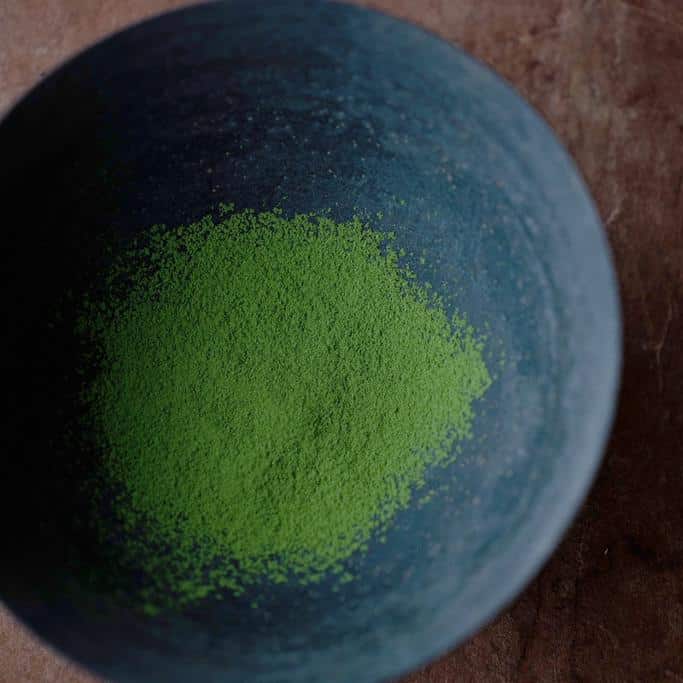
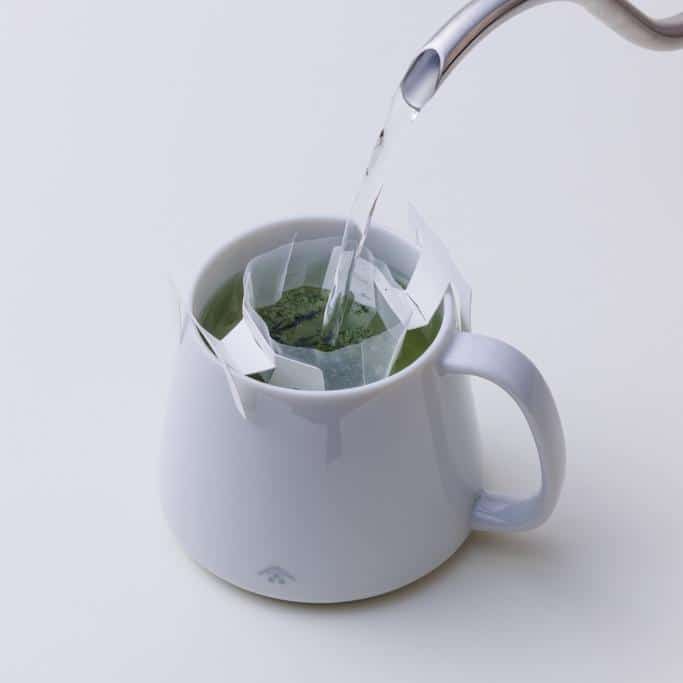
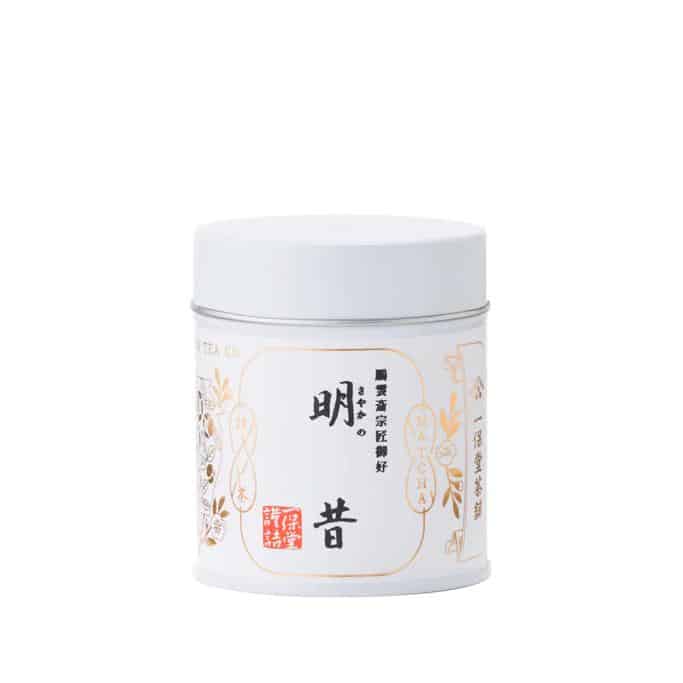
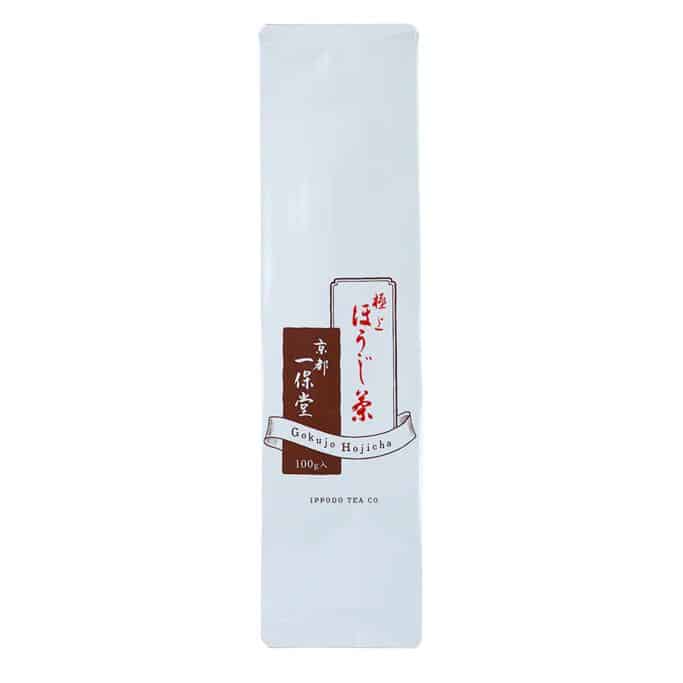
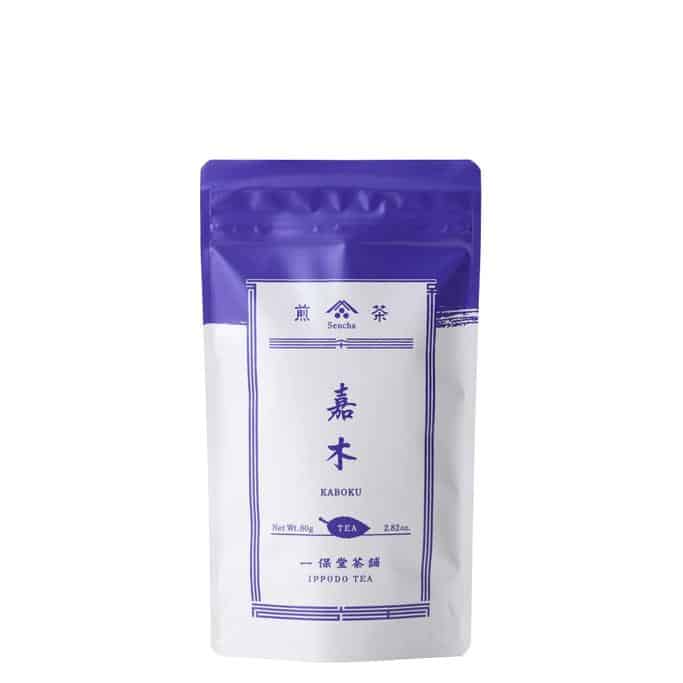
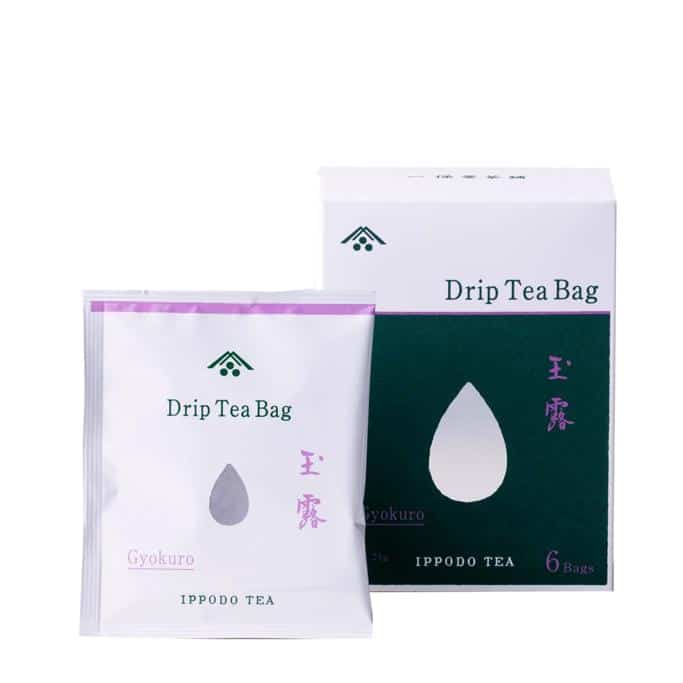
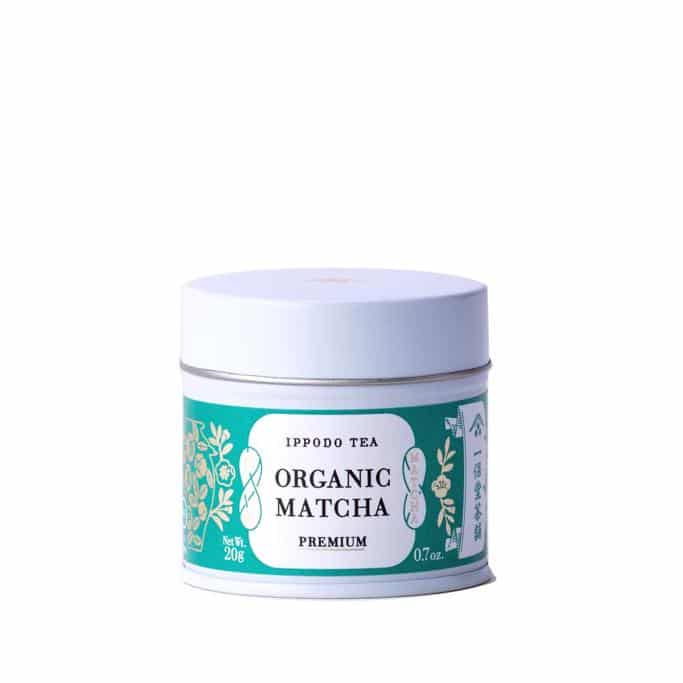
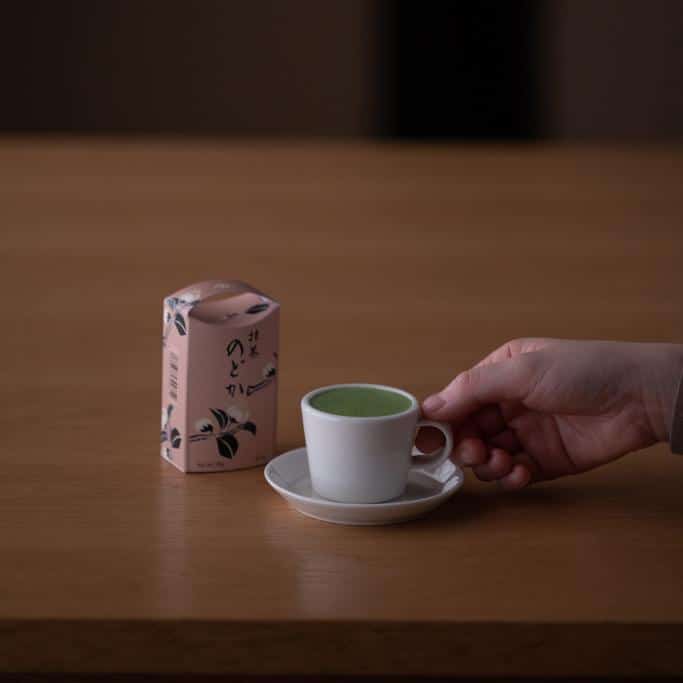
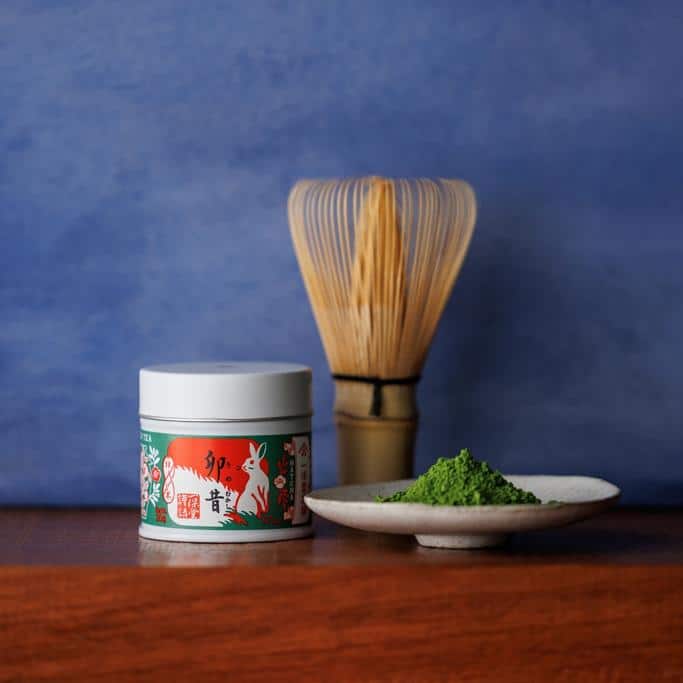
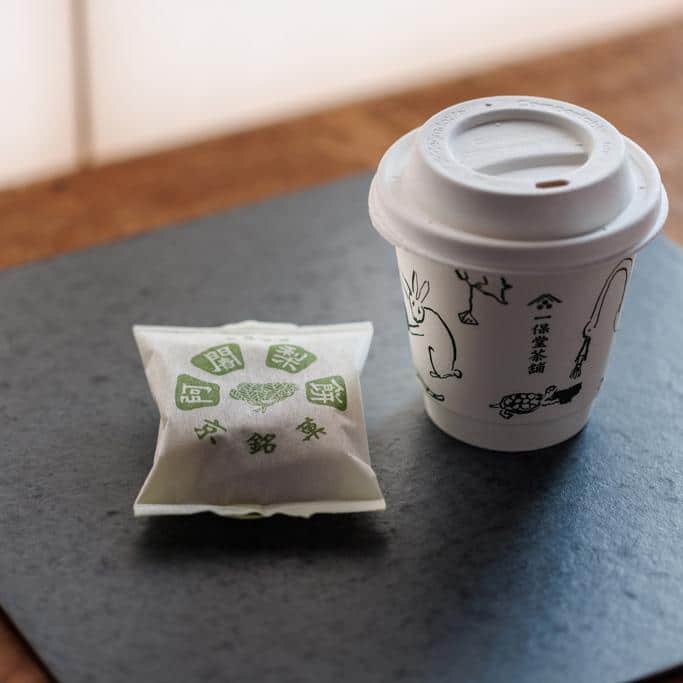
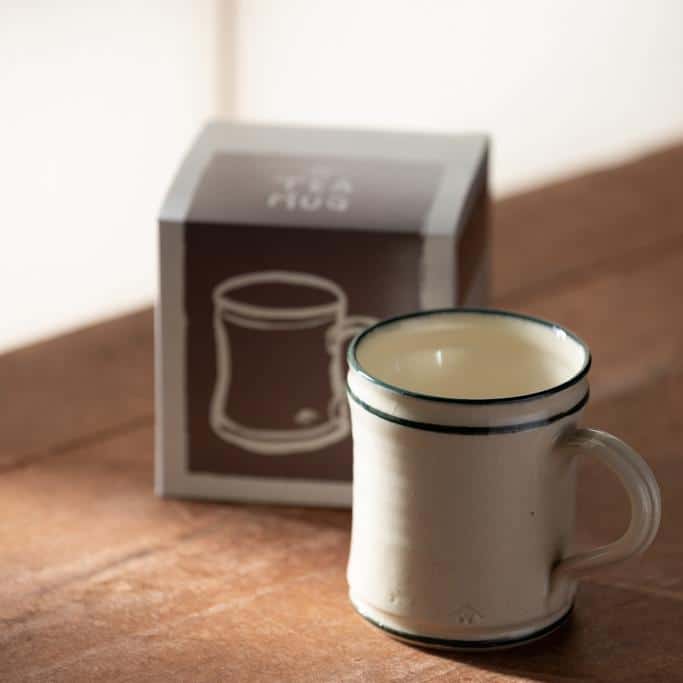
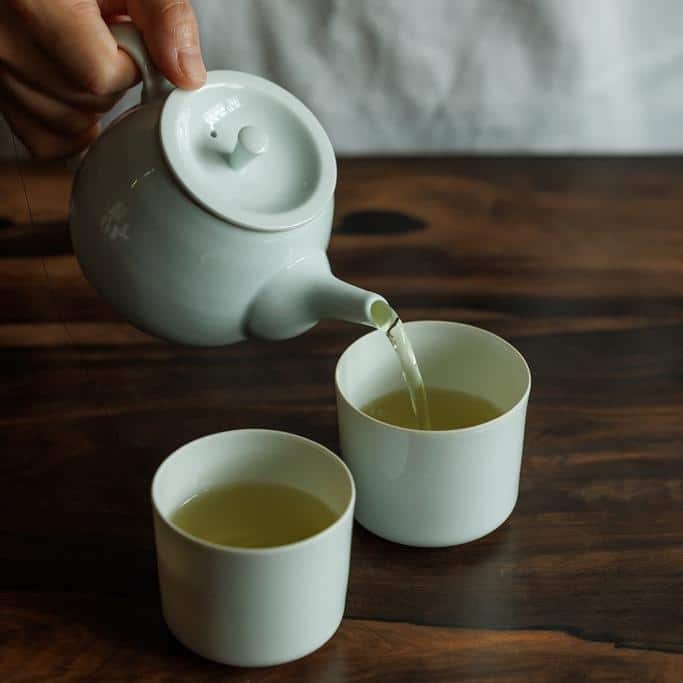
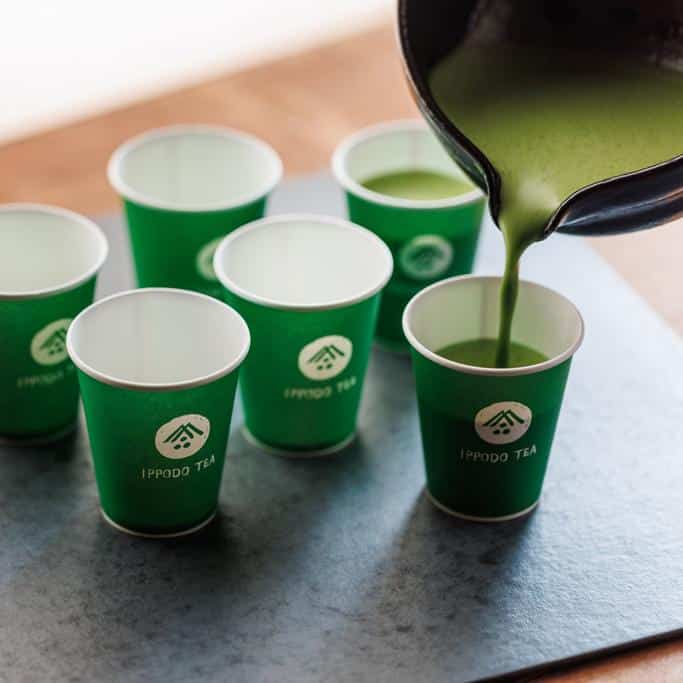
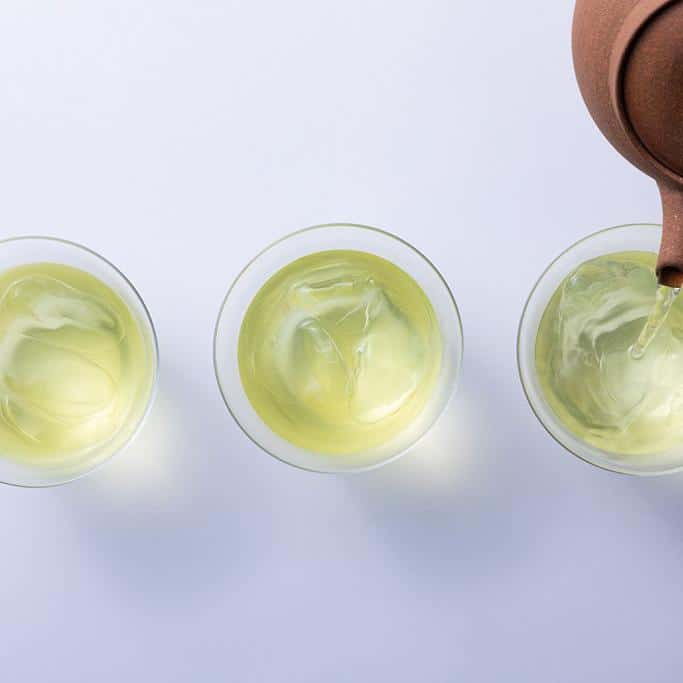
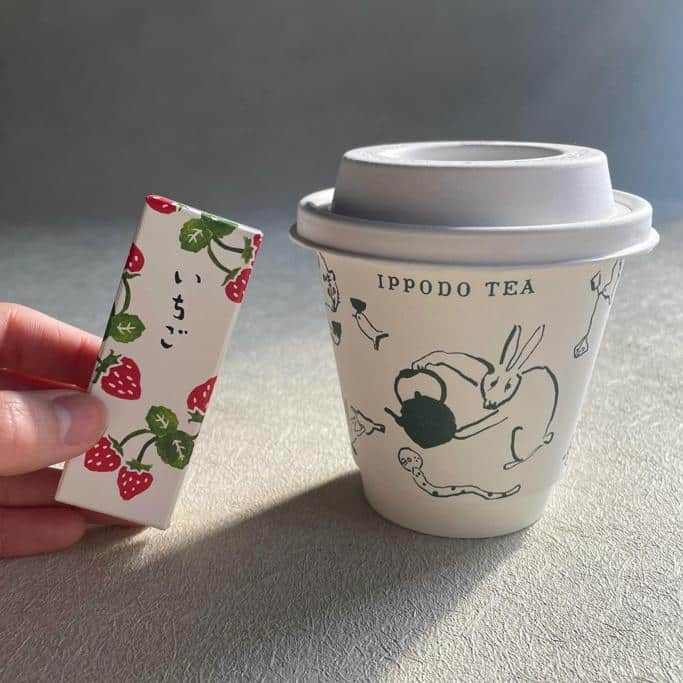
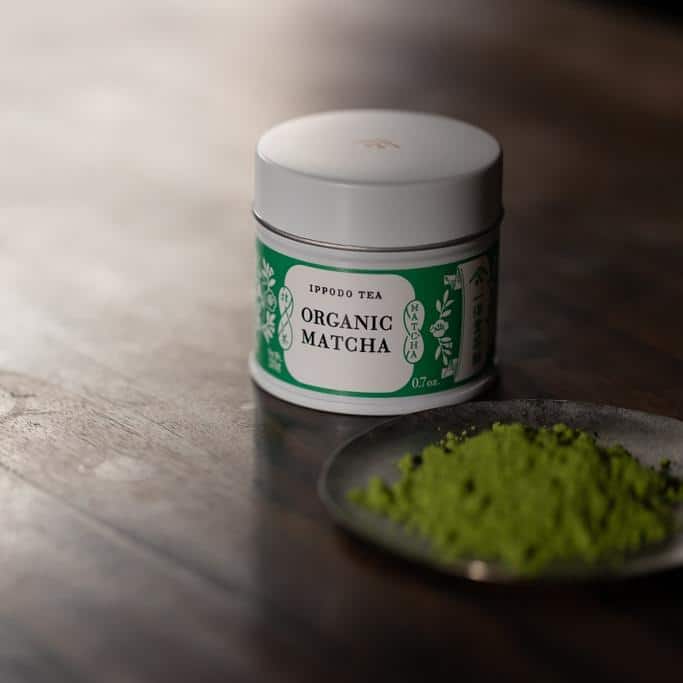
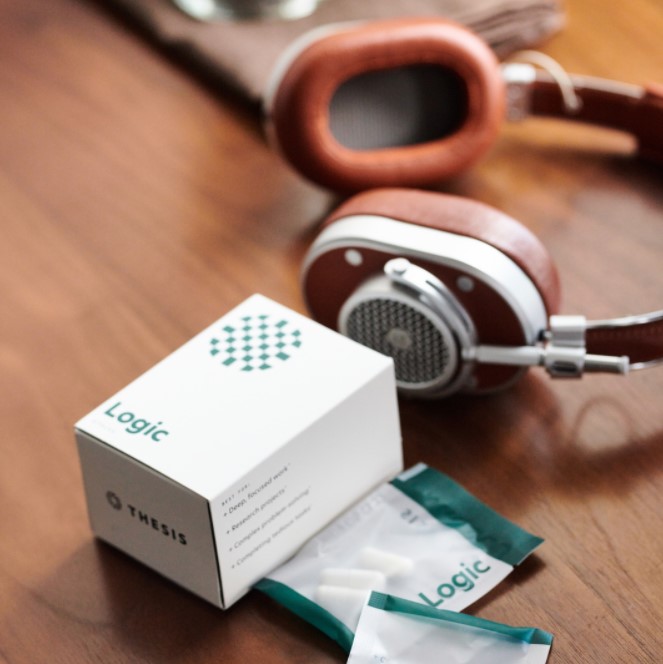




Ask the community or leave a comment
WRITE A REVIEWCustomer Reviews
Leave a review